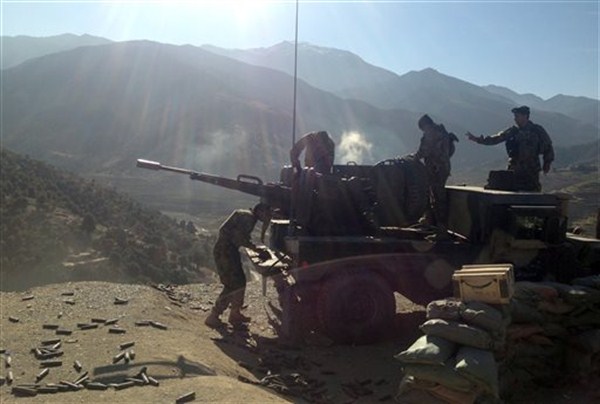A few days ago, U.S. Army General John Campbell announced the formal end of the U.S. combat mission in Afghanistan. “The longest war in American history is coming to a responsible conclusion,” U.S. President Barack Obama then added. Whether accurate or not, the declaration of victory launched a scramble among national security experts to identify the strategic lessons of Afghanistan. The stakes of this debate are high. Because the lessons of Afghanistan will shape American security policy for decades, it is vital to get them right.
The process of identifying strategic lessons is always rife with tempting missteps. For Afghanistan, one of these might be called the “never again” position. Proponents of this position are found on both the political left and right, but all insist that Afghanistan shows that the United States simply cannot succeed at counterinsurgency and should avoid it in the future. Yet while it is true that “None of the claimed long term objectives for the war, either from the Bush or Obama administrations, have been achieved,” as Dan Murphy wrote in the Christian Science Monitor,it would be a mistake to draw universal conclusions from Afghanistan. The lack of success there does not prove that counterinsurgency in general is impossible, but that the U.S. needs to better recognize when it can and cannot work, and know when to resist deep involvement.
Another false lesson might be called “keep at it.” This posits that U.S. efforts in Afghanistan were working, but Washington lost its will and gave up too early. Since this is a counterfactual, it cannot be conclusively disproven, but there is no evidence that a second, third, or fourth decade of American involvement would have led to a different outcome. Unless proponents of this position can make a case that what didn’t work in 13 years would have worked at some point in the future, the “keep at it” argument must be considered a false lesson.

